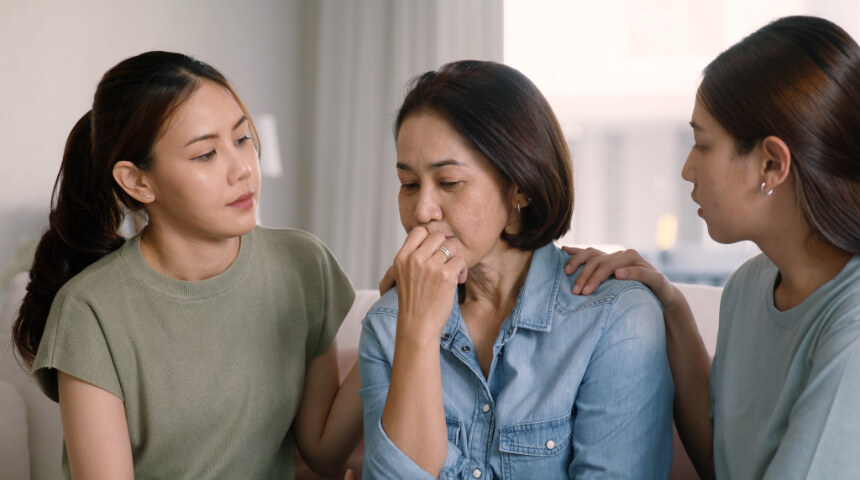With an uptick in the number of uterine cancer cases we diagnose, it’s important to understand what it is, why this is happening and how to help prevent it. This is a cancer affecting the endometrium, which is another term for the lining of the womb or uterus. Many types of this cancer exist and some are aggressive. Additional cancers (called sarcomas) can originate from the uterine muscle but are far less common.
Uterine (or endometrial) cancer is a disease that normally affects women over 50, but also can be found in younger women. It is one of the few cancers where worldwide incidence is on the rise, with North America and Europe having the highest incident rates, according to the National Cancer Institute.
Numbers Are Pointed Up
As the fourth most-prevalent cancer among women and the seventh most-common cause of death in American women, uterine cancer is expected to affect nearly 62,000 women this year and result in at least 12,000 deaths.
Among various racial and ethnic groups in the United States, incidence is higher among non-Hispanic black and white women. Non-Hispanic black women are twice as likely to die of the disease than their counterparts. This may be due to a far higher incidence of more aggressive subtypes of cancers and because they aren’t diagnosed until the cancer has progressed. Survival rates are typically lower in this group.
Early Detection = Improved Survival
Cancers of the endometrium usually begin with bleeding. Any spotting or bleeding after menopause is cause for concern, and patients should seek medical attention right away. Abnormal vaginal bleeding can include bleeding between periods and after intercourse. Any unexpected bleeding should be evaluated.
About 90 percent of women with uterine cancer report vaginal bleeding, while nearly a quarter of patients report pelvic pain. Sarcomas have no reliable symptoms and often present with more advanced disease. Cancer outcomes improve with earlier detection so evaluation by a medical professional when the symptoms occur is essential. If there are no symptoms, women with a family history of uterine or colon cancer should still be evaluated and even referred for genetic counseling as hereditary links do occur.
If you detect any symptoms, don’t ignore them. Bleeding requires evaluation. If something doesn’t seem right, seek medical attention. Earlier detection leads to improved survival.
Watch Your Weight
Obesity is the largest risk factor for estrogen-dependent cancers. Excess body weight leads to increased risk for this disease, including patients as young as 20 and 30 years of age. If a woman has a BMI (or body mass index) of greater than 30, she is two to four times more likely to develop endometrial cancer at some point in her life.
Other causes for this rise in uterine cancer may include diabetes and increased hormone usage after menopause. Why aggressive subtypes are becoming more common is unknown, however, as they are not related to hormones or obesity.
Prevention Is Key
When it comes to prevention, several actions may be taken. Maintaining a healthy weight through diet and exercise can be helpful and may also limit the possibility of diabetes. Decreasing your hormone usage can help as well. And even though genetic links are uncommon, they can occur, so understanding all risk factors (including family history) is important for your well-being.
Choose to Stay in Touch
Sign up to receive the latest health news and trends, wellness & prevention tips, and much more from Orlando Health.
Sign Up










